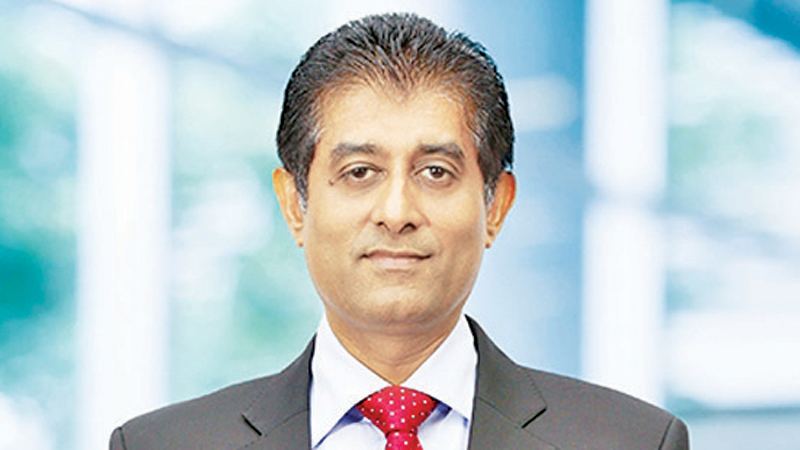Deliberating on the impact of interim budget proposals for the business sector, Vice Chairman of the Ceylon Chamber of Commerce and Senior Partner and Head of Tax of Ernst and Young, Duminda Hulangamuwa says the emphasis of this budget is largely on stabilizing an economy that is in crisis.
Moreover, Hulangamuwa said the budget will largely concentrate on the fiscal side of the crisis. He also noted that to finance the budget deficit, the country cannot bring structural changes overnight to reduce government expenditure.
“It will take some time to reduce government expenditure and wastage or to restructure the government service,” Hulangamuwa told a webinar organised by the Institute of Certified Management Accountants (CMA) of Sri Lanka.
Until such time, the government is compelled to borrow to finance the budget deficit which will result in increased interest cost and taxes. In this context, the economy will obviously experience contraction.
“In this context, the private sector will not be able to borrow at these rates and invest and make profits. In my view, the private sector will have to weather the storm or go through hardships that the sector didn’t previously go through. However, if we are to overcome this current economic crisis, we need to be resilient. Of course on this path, we will have casualties down the line and the SME sector will be largely affected.”
Hulangamuwa noted that many sectors in the country are not in a position to function properly at the moment mainly due to soaring interest rates.
“We have witnessed some contractions in the financial services industry where banks, finance companies and leasing companies have cut down the lending and confined themselves to pure collections.”
Explaining further Hulangamuwa stated the external front as a bigger challenge for Sri Lanka in order to ensure that the country has reserves to a sufficient level, where Sri Lankans are able to carry out their daily lives with the import of essential items.
Moreover, he said due to curtailment of imports, certain sectors engaged in the economy, especially import- led sectors such as white goods, clothes are not in a position to carry out their own day-to-day business. If this situation continues, he said those businesses will be closed, leading to unemployment.
“This is some of the biggest challenges that we face in the economy in terms of employers or as companies. Even government revenue will not be able to achieve the same levels of revenue that we ought to achieve because the economy will not grow as much.”
Hence he said Sri Lanka’s biggest challenge therefore is to make sure that the country gets debt restructuring done by negotiating with creators and getting the IMF tranche into the system as soon as possible. Subsequently it will add to the existing reserves and enable the country to expand the economy by permitting and providing for additional support for the import side of the economy, Hulangamuwa pointed out.



Add new comment